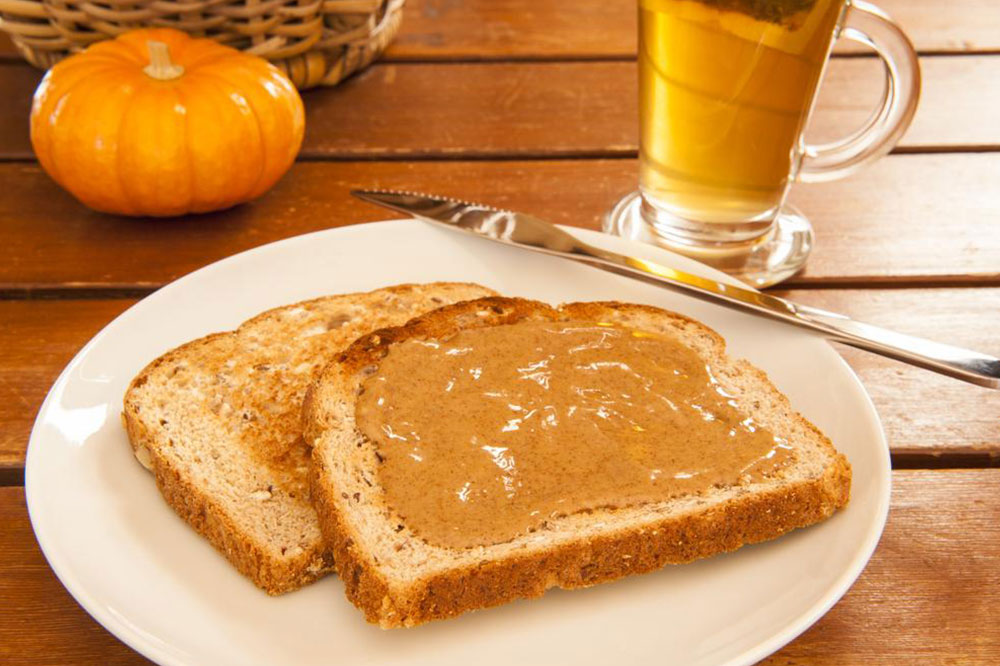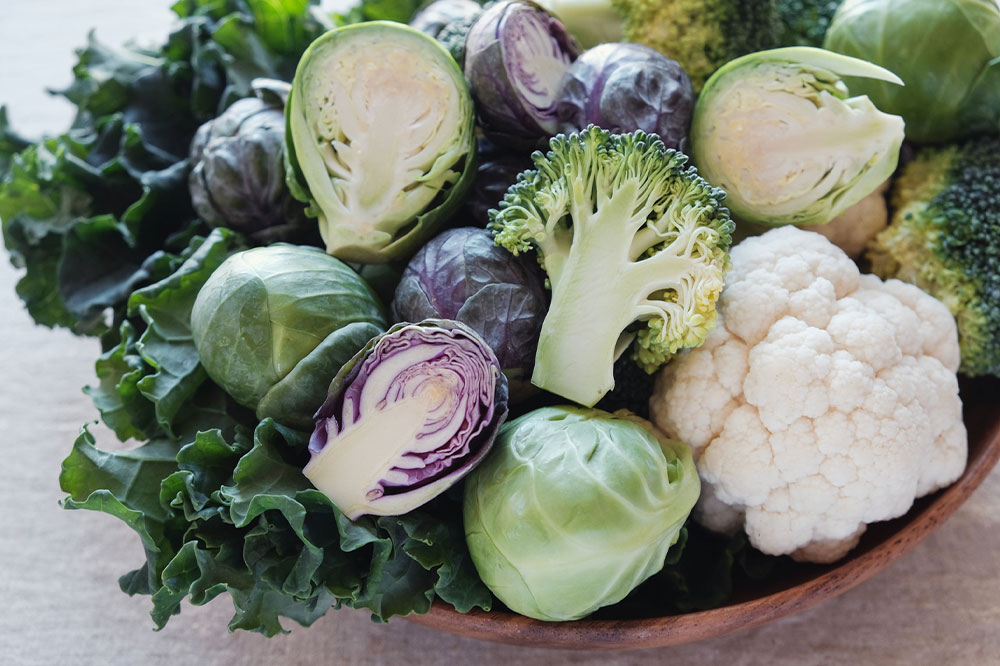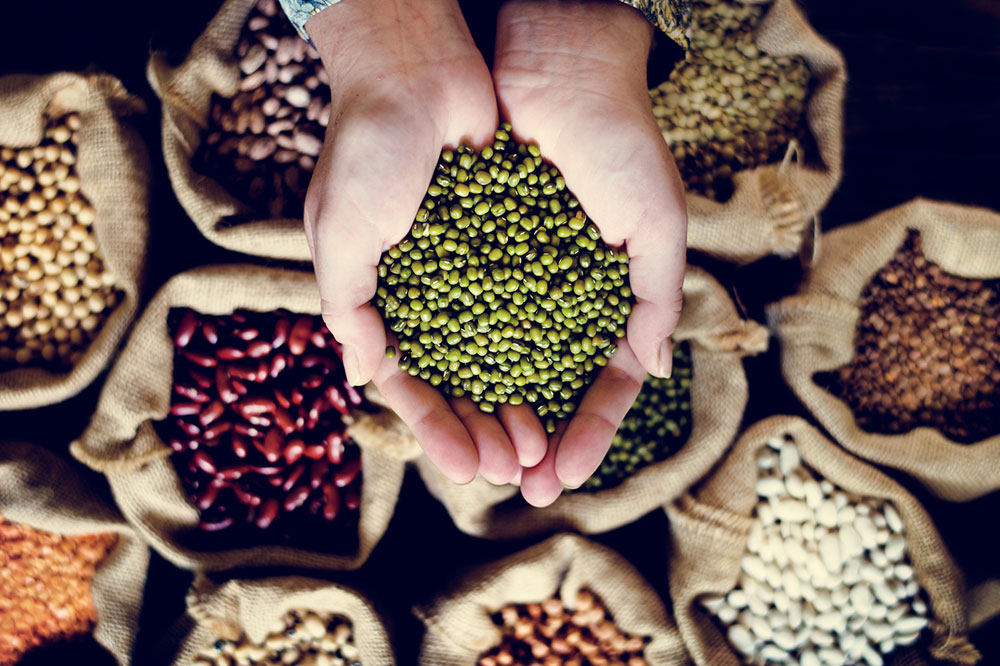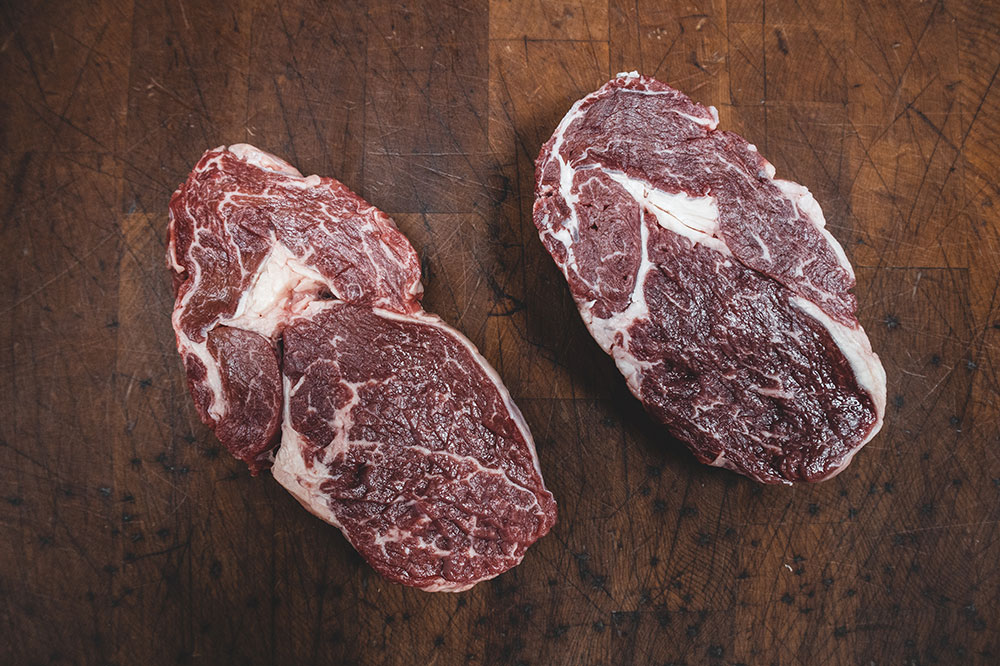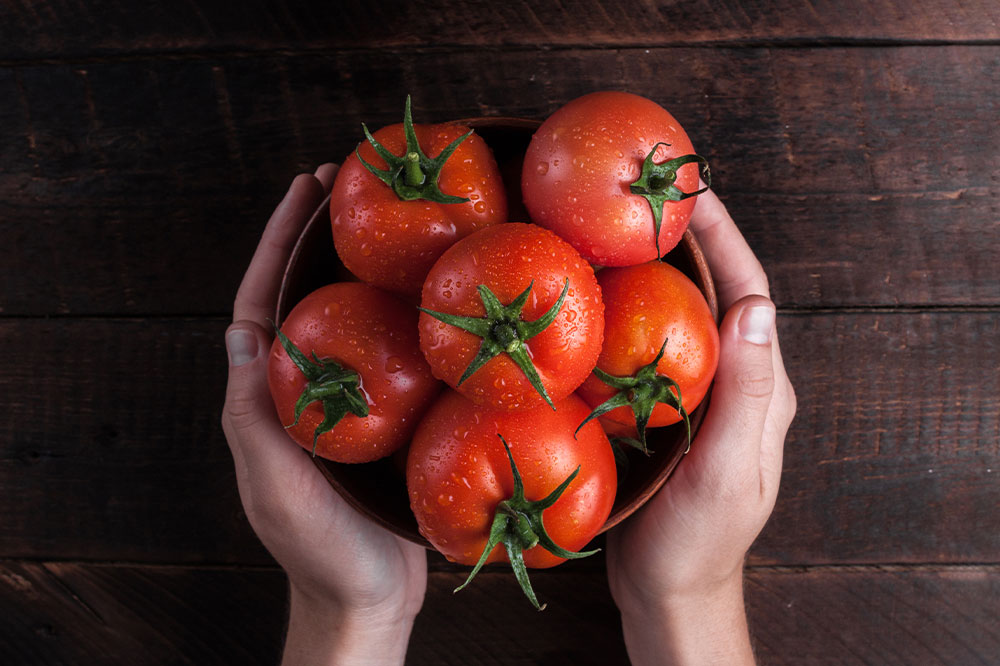Nutritional Tips for Managing Lung Cancer Through Diet
Explore essential foods that can support lung cancer management through diet. Incorporating items like berries, salmon, ginger, and turmeric may help inhibit cancer growth and enhance treatment efficacy. Remember, dietary adjustments should complement your medical plan under professional supervision.

Dietary Recommendations for Lung Cancer Patients
Recent studies highlight the importance of specific foods for those diagnosed with lung cancer. Incorporating certain nutrient-rich items into your diet can support medical treatments and improve overall well-being. While dietary changes should complement medical therapies and lifestyle adjustments, selecting the right foods can aid in managing symptoms and potentially slowing disease progression. Here are some essential foods to include when battling lung cancer:
Pears contain phloretin, a compound linked to the destruction of cancer cells. Apples also contain this beneficial substance.
Green tea is rich in antioxidants like epigallocatechin-3 gallate and theaflavin, which enhance chemotherapy effectiveness and combat cancer cell damage.
Salmon is a prime source of vitamin D, which helps prevent the growth of lung cancer cells.
Ginger is effective against nausea caused by treatments and contains 6-shogaol, which inhibits cancer development and reduces metastasis risk.
Capers provide quercetin, which blocks pathways that enable cancer growth, limiting cell proliferation.
Turmeric contains curcumin, known for suppressing the invasiveness of lung cancer cells. It can be added to various dishes for enhanced benefits.
Berries like blueberries, raspberries, cranberries, and blackberries contain anthocyanidins, which fight lung cancer cell growth.
Carrots are nutrient-dense and contain chlorogenic acid, which can inhibit lung cancer progression.
Tomatoes are rich in lycopene, known for its cancer-fighting properties.
Watercress includes isothiocyanate, which prevents cancer cell division and tumor growth.

